About the Course
Infectious disease results from an interplay between pathogens and the host defenses. Almost everyone has had some or the other infection at some point in their lives. Human infections are ubiquitous and affect a substantial number of people worldwide.
In this course, the pathological aspects of infections like causative agents, sources of infections, host defenses, host-agent interactions are discussed in detail. Some important diseases like typhoid, tuberculosis, leprosy, malaria, filaria etc are explained.
Target Audience
Medical students – Allopathy, Dental.
Alternative Medicine students – Homeopathy, Ayurveda.
Para/Allied medical students – Nursing, Physiotherapy.
Post graduate students – Microbiology, General medicine, Family medicine, MD/MSc/PhD Pathology.
Course Delivery Format
This course is delivered entirely online. It consists of a series of comprehensive lectures by a professor in the subject, appropriately annotated with slides, animations and wherever necessary, interactive content. The delivery offers tremendous flexibility. You may pause a teacher while you refer to your textbooks (not includes) and to take notes. You may also rewind a segment to listen to the teacher again or you may skip a slide or two if you already know that bit. You may bookmark a segment that you wish to return to later, maybe to refresh just before your exams. While the lessons in this course may be arranged in a particular order based on our curriculum, you have the flexibility to take them in order of your preference based on your personalized learning needs.
Benefits
While this course is to help you learn the subject from an online faculty, it may help you in several ways even if you are already enrolled in some medical, dental or paramedical school. Many of our students felt that the format in which this course is delivered has helped them to cope up against the fast-paced lectures in actual class – it’s like having a TV remote in class to self-pace your teacher. Animations help understand concepts better by making concepts easy to understand… and difficult to forget.





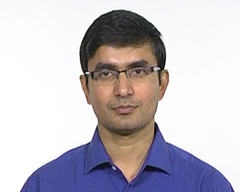 Dr. Nandeesh BN
Dr. Nandeesh BN
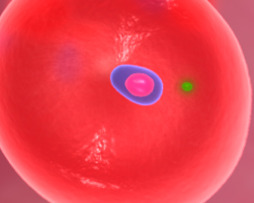
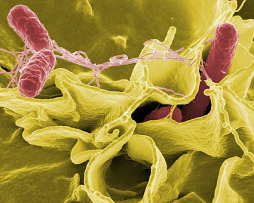

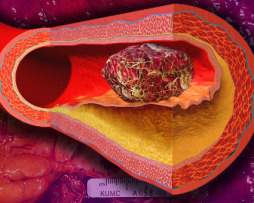
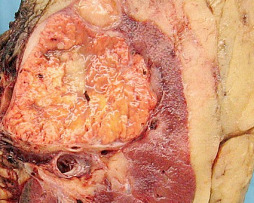
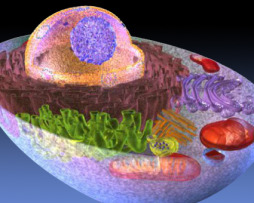

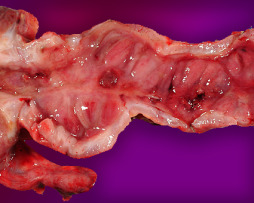
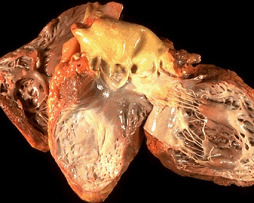
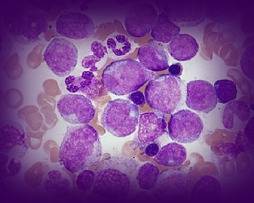
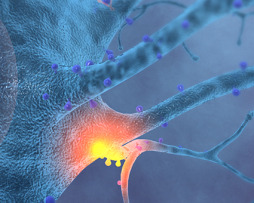
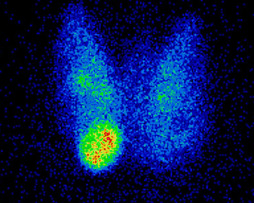
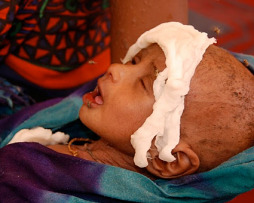
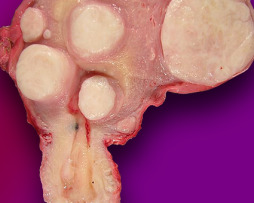
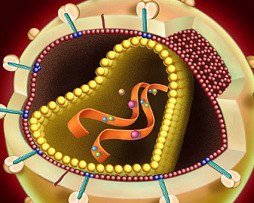
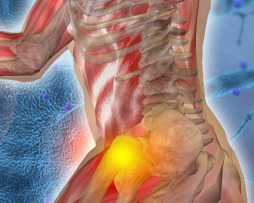
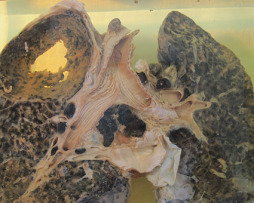
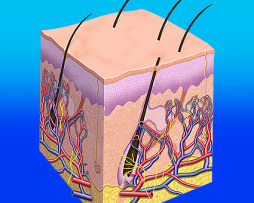
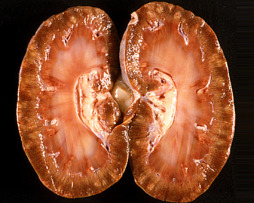
Ayesha Bansal
Rajiv Gandhi Institute of Medical Sciences, Kadapa